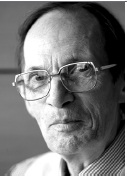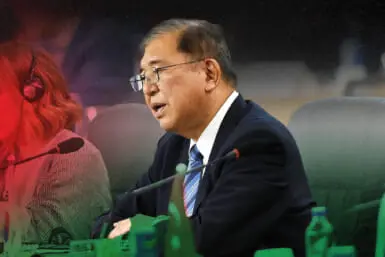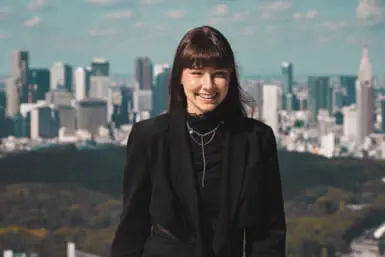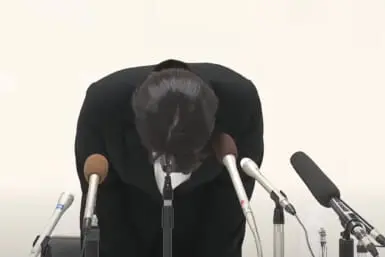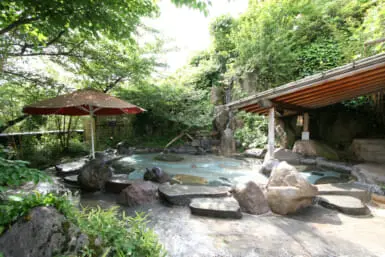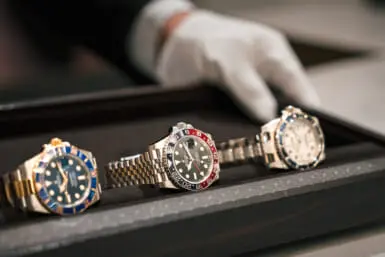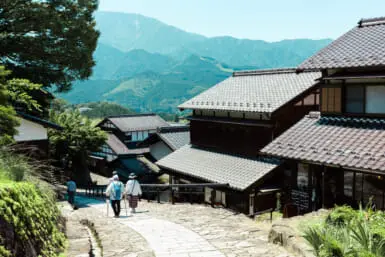If you are reading this column, the chances are fairly high that you are American or British (my case): that you travel a lot, and that, as of Sept. 11 last year, your view of the world has changed.
I attended a large-scale gathering of Japanese medium- and small-company owners at The Imperial Hotel yesterday—as one of a score of speakers to address the conference over a three-day period. I was the only Westerner in sight. Let me give you a report on that function— it was organized by the Japan Executive Managers’ Association, a trade body based in Tokyo.
The main topic at the gathering—I was told there were 700 people present, including scores of execs from South Korea—was Sept. 11. Had the world changed thereupon? You have heard so much about this that you are probably fed up with the subject. However, imagine yourself on a stage, facing 700 pairs of eyes, belonging to some rather observant shacho, and stumbling along for two hours in a language not your own.
That was what I found myself doing, coached by compere Yoshiko Sakurai, a renowned face on Japanese TV—and one of our members at the Foreign Correspondents Club.
We sat on a gigantic stage, about the size of the grand opera stage at La Scala, Milan. Powerful lights bore down on us. The key question that arose was this: did we have confidence in Junichiro (“Junchan”) Koizumi, to carry on as leader of this country? Our meeting was taking place, I should mention, in the same week as the gathering on Afghanistan held in Tokyo, to decide which country would produce how much money for that shattered state.
Mr. Koizumi, with former UNHCR chief Mrs. Sadako Ogata at his side, was the host at the conference, assuring the world that Japan will help to pay for reconstruction in Afghanistan.
Seated on one side of me, far away in the middle distance, was Yoshiko-san. Seated on the other side was Kenichi Ito, a former Ministry of Foreign Affairs official, who is now president of the Japan Forum on International Relations. For the space of two hours my two companions vented their spleen at Koizumi-san—the man should be sacked, said Yoshiko—while I kept expressing support for him. I used the cliches about Mr. Koizumi as the Thatcher/Reagan of Japan.
“We like him,” I said. Sorry!
“I want to fire him and Makiko Tanaka,” said Yoshiko-san, beaming. You have to imagine a lady of angelic appearance, saying this, and gazing into the faces of 700 shacho.
Ito-san, over to the left of me, was equally dismissive. All Japanese politicians were hopeless. They never studied. They were too lazy. I was surprised. Our session had turned into an occasion for being outspoken. Those who had come before us on the stage had been relatively anodyne.
There was Haruo Shimada of Keio U., a scholarly aide to Mr. Koizumi in the Cabinet Office. There was Goro Watanabe, a deputy president of Mitsui & Co., the trading house, supporting the status quo; and there was Yoshiki Hidaka, a commentator, formerly of NHK. These notables had a full hour to themselves, each.
We were granted double that time, and how the denunciations rolled. After Mile. Sakurai delivered her line about “firing” the prime minister, my fellow panelist Ito-san just took off. By the end of the year, the U.S. would be isolated on Afghanistan. All those countries which allied themselves initially with the U.S. effort, in the days after Sept. 11, would have faded away. America would be on its own.
(My God, I thought! If this is what they teach them to think in the Ministry of Foreign Affairs, send them back to grad school.)
I looked out at the sea of executives. I saw the upturned faces in the audience. Row after row of expectant looks. People had come from all over Japan—mostly they were presidents and chief executives of small companies. (I received meishi from some of the participants at the reception that followed. They came from Osaka or from Nagoya or from Hiroshima— and they paid handsomely to attend, something like $1,700 for the threeday event in Tokyo.)
These earnest people had come to bone up on the state of opinion in the city. My companions on stage thereupon stuck it to them. Koizumi-san had achieved nothing. The man knew absolutely nothing about foreign policy.
What do you expect? Koizumi has been in office for nine months as prime minister, I responded. It took Mrs. Thatcher five years as premier to get to her reforms—the reforms of the mid-1980s. Five years. How could we expect Koizumi-san to turn the nation through 180 degrees in 100 days? First, he had elections to win (in July 2001); then he had Sept. 11. Give the man a chance…
There was a surge of applause— shouts of spontaneous support erupted from half way down the hall. I realized that my voice had risen a bit. I was simply indignant, nothing more than that.
Well, the critics of Mr. Koizumi are legion in this town—and they have stirred up an echo or two in the foreign press. Take a look, for example, at recent coverage by Newsweek. Fortunately, not everyone is as negative. Last Dec. 6 The Times (of London) published an instructive column. It was by a columnist called Anatole Kaletsky. His conclusion? “Japan today is much closer to the America than the Britain of the early 1980s. The Japanese do not need Thatcherite discipline. They need Reaganite hope and courage.”
My own two cents? Mr. Koizumi is holding open the door to change. Japan, I am happy to report, is changing at the speed of light— take a look around you; consider how people do business these days in the midst of the IT- powered revolution. Put simply, this hard-working nation is easily the best bet that we have in Asia. That, to be sure, is why the U.S. pushed for the conference on aid to Afghanistan to be held here in Tokyo rather than in Geneva.
A good decision. My only thought is this: I wish someone would start an organization like Oxfam, to which I could give one of my three overcoats, to be sent to Afghanistan.
I should have said that to the 700 shacho. My mistake. They are people who are used to getting things done, as opposed to yackety-yacking on the subject of Mr. Koizumi. Long may he continue.
henryss@gol.com

